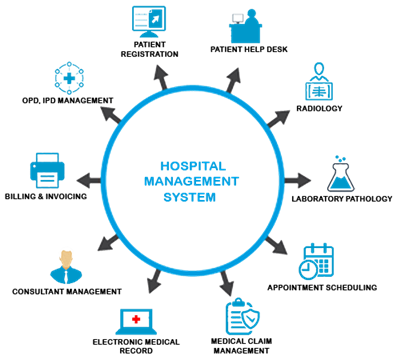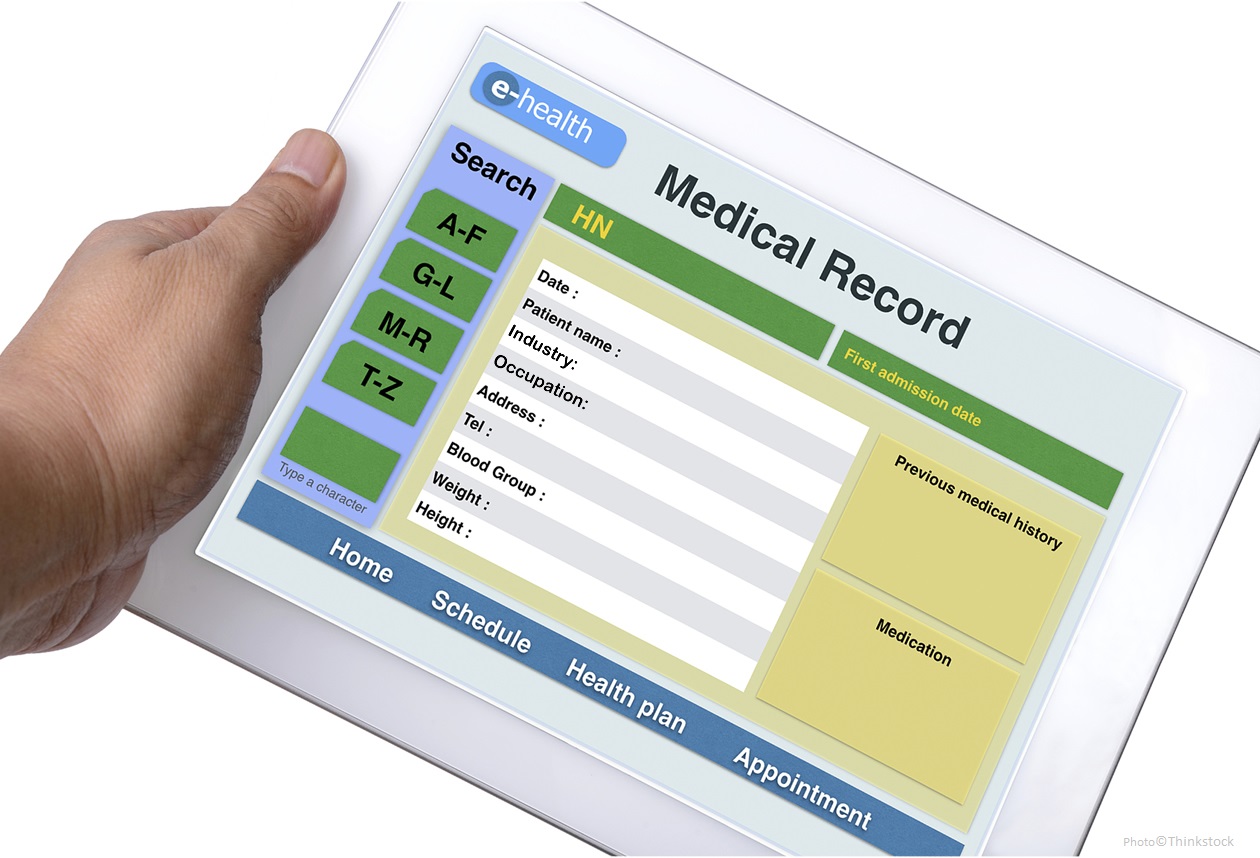Hospital Management System Presentation
| Introduction | ||
|---|---|---|
| A hospital management system is a software solution designed to streamline the administrative and operational tasks within a healthcare facility. It enables efficient management of patient records, appointments, billing, inventory, and other essential aspects of hospital operations. Implementing a hospital management system improves workflow efficiency, reduces errors, and enhances patient care. | ||
| 1 | ||
| Key Features | ||
|---|---|---|
| Patient Management: Allows easy registration, tracking, and management of patient information, medical history, and visits. Appointment Scheduling: Facilitates the efficient scheduling of patient appointments, reducing waiting times and optimizing resource allocation. Billing and Invoicing: Enables accurate and automated billing processes, including insurance claims and payment tracking. | ||
| 2 | ||
| Key Features (continued) | ||
|---|---|---|
| Electronic Medical Records (EMR): Centralized storage and retrieval of patient medical records, ensuring comprehensive and secure access to healthcare professionals. Pharmacy Management: Streamlines the inventory control and dispensing of medications, including drug interactions and dosage instructions. Laboratory Management: Efficiently manages lab tests, results, and integrates with other modules for seamless information transfer. | ||
| 3 | ||
| Benefits | ||
|---|---|---|
| Enhanced Efficiency: Automating administrative tasks frees up staff time, allowing them to focus on patient care and reduce manual errors. Cost Savings: Optimized resource allocation, reduced paperwork, and streamlined processes lead to cost savings for the hospital. Improved Patient Care: Easy access to patient information, reduced waiting times, and accurate medication management enhance the quality of care provided. | ||
| 4 | ||
| Benefits (continued) | ||
|---|---|---|
| Data Security and Privacy: Hospital management systems provide robust data security measures and ensure compliance with privacy regulations. Real-time Analytics: Generate meaningful insights from the collected data, enabling informed decision-making and performance monitoring. Integration Capabilities: Seamlessly integrates with other systems such as laboratory equipment, radiology machines, and billing systems. | ||
| 5 | ||
| Implementation Challenges | ||
|---|---|---|
| Initial Investment: Implementing a hospital management system requires financial resources for software licenses, hardware, and staff training. Change Management: Adapting to a new system may involve resistance from staff, requiring effective change management strategies. Data Migration: Transferring existing patient data to the new system can be complex and may require careful planning and validation. | ||
| 6 | ||
| Implementation Challenges (continued) | ||
|---|---|---|
| Technical Support and Maintenance: Hospitals need to ensure they have adequate technical support and maintenance agreements in place to address any system issues promptly. User Training: Proper training is crucial to ensure staff members are proficient in using the hospital management system effectively. System Customization: Each hospital has unique requirements, and customization may be necessary to align the system with specific needs. | ||
| 7 | ||
| Case Studies | ||
|---|---|---|
| XYZ Hospital: Implemented a hospital management system resulting in a 30% reduction in administrative workload and improved patient satisfaction. ABC Hospital: Experienced a 20% increase in operational efficiency and a 15% reduction in billing errors after implementing a hospital management system. LMN Hospital: Enhanced data security and privacy measures, ensuring compliance with regulatory standards and protecting patient information. |  | |
| 8 | ||
| Future Trends | ||
|---|---|---|
| Artificial Intelligence (AI): Integration of AI technologies to automate repetitive tasks, enhance diagnostics, and improve patient outcomes. Telehealth Integration: Seamless integration of telehealth platforms to enable remote patient consultations and reduce in-person visits. Mobile Apps: Development of mobile applications to provide patients with easy access to their medical records, appointment scheduling, and telemedicine services. | ||
| 9 | ||
| Conclusion | ||
|---|---|---|
| Hospital management systems play a vital role in improving efficiency, reducing errors, and enhancing patient care within healthcare facilities. By automating administrative tasks and providing centralized access to patient information, these systems bring numerous benefits to hospitals. Implementing a hospital management system requires careful planning, change management, and ongoing support to ensure successful adoption and utilization. | ||
| 10 | ||
| References (download PPTX file for details) | ||
|---|---|---|
| Smith, J. (2020). The Role of Hospital Manage... Johnson, A. (2019). Implementation Challenges... Brown, L. & Williams, M. (2018). Future Trend... |  | |
| 11 | ||






